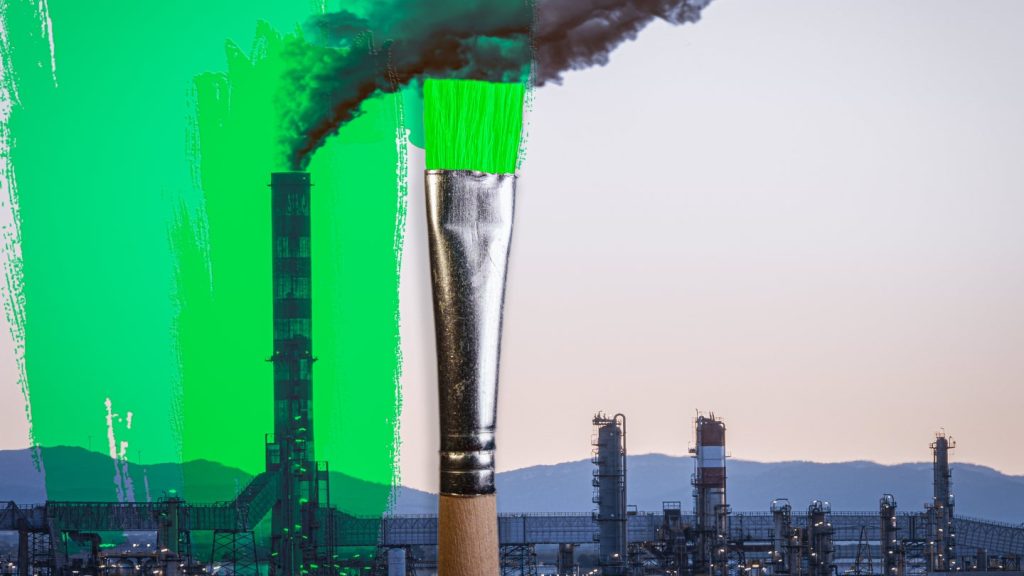Issuers have long grappled with how to use loyalty programmes to
boost debit usage. The points-for-spending model is now slowly
giving way to programmes that deepen the relationship between
issuer and customer and which subtly influence cardholder
behaviour. Charles Davis reports.
The points-for-spending formula that fuelled the rise of debit
rewards programmes is giving way to more nuanced models aimed at
increasing customer loyalty and increasing debit card use to a
wider range of everyday transactions.
A myopic focus on transaction volumes is giving way to rewards
aimed at deepening customer relationships, fostering cross-selling
and encouraging spending in select categories. Rewards are also
being used to encourage customers to switch from cash and cheques,
a long-time goal of debit issuers.
According to a recent report by Marsh & McLennan’s Oliver
Wyman unit, commissioned by Discover Financial Services’ Pulse
Network, debit issuers are struggling to ensure that their rewards
programmes are affecting consumer behaviour in ways that drive
profitability.
The report, based on a February survey of 62 financial
companies, found that about half of all debit issuers offer some
sort of reward scheme, but many of them are unsatisfied with the
returns.
Points are popular, but usage is low
How well do you really know your competitors?
Access the most comprehensive Company Profiles on the market, powered by GlobalData. Save hours of research. Gain competitive edge.

Thank you!
Your download email will arrive shortly
Not ready to buy yet? Download a free sample
We are confident about the unique quality of our Company Profiles. However, we want you to make the most beneficial decision for your business, so we offer a free sample that you can download by submitting the below form
By GlobalDataThe study found that merchant- and issuer-funded cash rewards
are growing in popularity, but the majority of debit rewards
programmes are points-based. That seems to be a drag on
participation, as only 18 percent of an average provider’s eligible
debit cardholders are enrolled in rewards programmes.
Comerica’s recently enhanced EZ Perks debit rewards programme is
one of the first to move towards relationship-driven loyalty.
Comerica debit card customers can earn concert tickets, laptop
computers, home décor and travel accessories, as well as cash.
By using their cheque card at more than 450 participating
retailers, Comerica cardholders can earn 12 to 16 points on average
for every dollar they spend.
Other issuers are expanding debit rewards to encompass a wider
variety of banking relationships, led by Citigroup, whose “Thank
You” scheme, introduced in 2005, lets customers earn points for all
their banking activities. In 2006, Wachovia expanded its
‘Possibilities Rewards’ scheme to begin allowing cardholders to
combine points earned on credit and debit cards. Possibilities
Rewards also allows consumers to combine points from multiple types
of credit and debit cards. JPMorgan Chase has expanded rewards to
cover cards, individual retirement accounts, loans and even home
equity lines. Each has a multitude of available merchant-funded
online shopping malls for customers to further pile up or spend
their points.
Combining points from different accounts
These moves reflect a growing understanding among issuers that
programmes that do not let cardholders combine points from credit
and debit card activity are essentially forcing cardholders to
choose between products, creating silos that frustrate
cross-selling efforts.
Frost National Bank, a San Antonio unit of Cullen/Frost Bankers,
has launched a debit card linked to an online savings account whose
interest rate increases by up to 25 basis points a month if the
debit card is used frequently.
A recent study by Synergistics concluded that debit rewards
could profit from more innovation, and found that while incredibly
popular with customers, only three in 10 debit cardholders say that
they have some type of reward, discount, or rebate associated with
their debit card.
When presented with a menu of debit rewards features, debit
cardholders most frequently cited coupons or reward points for
discounts on merchandise or services and cash rebates as features
of their current debit rewards programme. One in 10 cited travel
rewards such as frequent flyer points, points that can be redeemed
for gifts in a catalogue, free travel accident insurance when
reservations are made with the card, and points or rewards that can
be combined with those earned using a credit card.
Oliver Wyman’s debit issuer study found that offering a debit
rewards programme can have a variety of benefits for card issuers,
including an increase in transaction volumes, differentiation from
competitors and promotion of debit card use.
“The increase in debit rewards is driven mainly by a growing
interest in cash rewards, which are now offered by 42 percent of
respondents that have debit rewards programmes, compared to 16
percent in 2006,” the study said.
“Points-based rewards are the most common programme type,
offered by 58 percent of the institutions that have programmes.
Merchant-funded rewards programmes are gaining in popularity and
far outpace other programme types in terms of cardholder engagement
(83 percent).”
A new view of rewards
One new entrant to the prepaid scene, Facecard, is taking the
rewards concept a step earlier in the process, introducing the
‘pre-reward’ to the market. edo Interactive, the Nashville-based
issuer of Facecard, teamed up with MasterCard to launch the prepaid
card issued by MetaBank.
So far, the company has mostly partnered with local merchants
but hopes to expand to retailers across the country to offer
cardholders pre-rewards – a text message coupon, in essence, that
will get consumers into the stores, benefiting both the retailer
and the consumer.
In the fourth quarter, edo Interactive plans to take the rewards
plan a step further with what it calls ‘edoCash’. Once merchants
build a customer base, they can offer frequency rewards, such as
extra credit put on the card, if a consumer spends a certain amount
in a given month.
Getting merchants directly involved in the rewards scheme deftly
shifts the costs of such programmes off the issuer, while providing
an important lift for the retailer that makes it worth the
investment.
These merchant-funded rewards will be among the fastest-growing
areas for bank-based loyalty programmes, aided not only by
consumers’ need for variety but the healthy subsidies these
retailers can bring to the table.
Because most traditional rewards programmes are funded by
interchange, which does not vary from issuer to issuer,
differentiating the rewards offering can be difficult. As more
issuers work with merchant-funded models, the possibilities for
innovation are seemingly endless.







